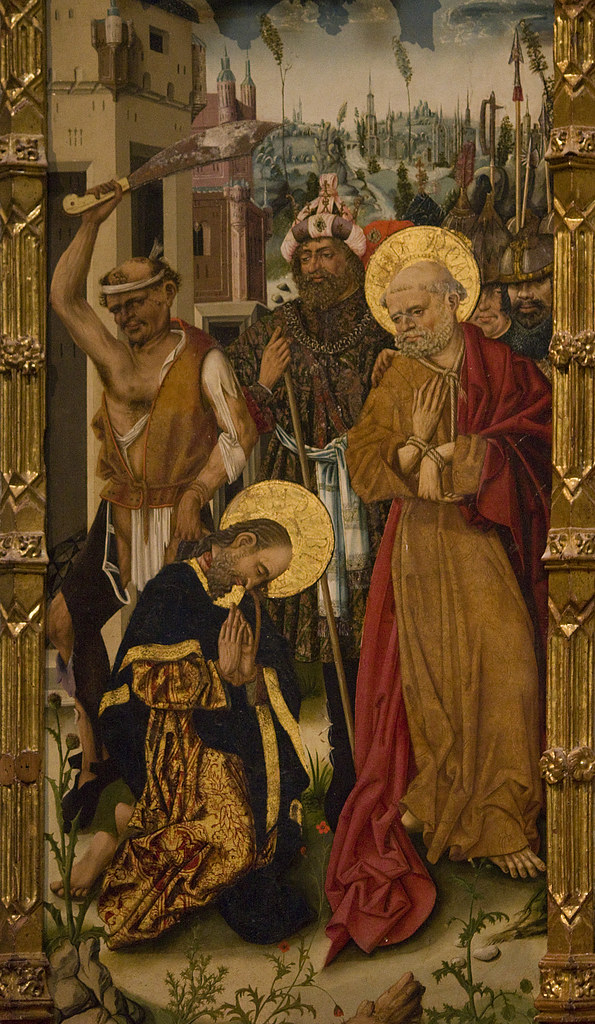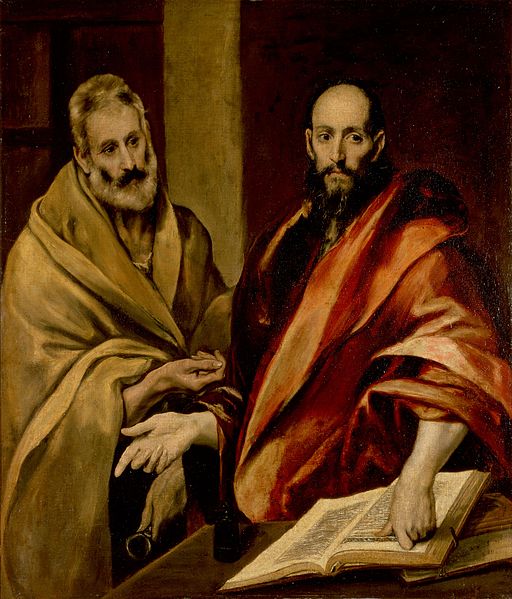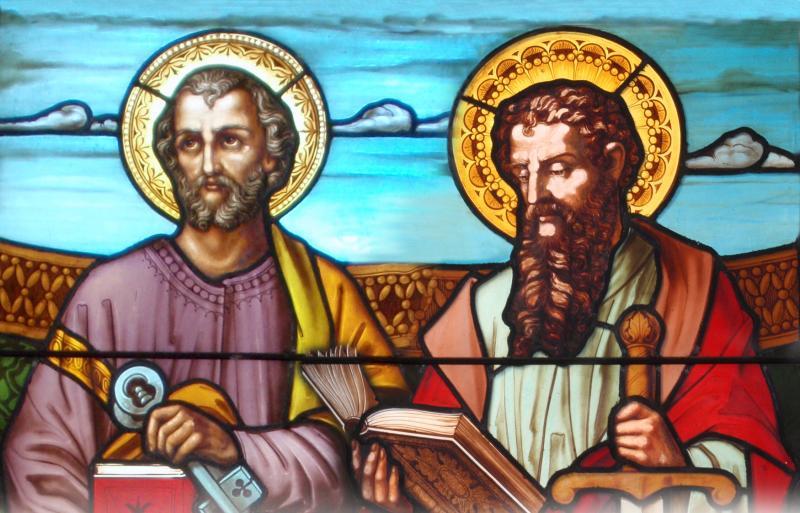“I can’t believe you messed up again.”
“You’re never going to amount to anything.”
“No one will ever understand you … love you … care about you.”
I think we can all agree that these statements are examples of negative self-talk. We can recognize that easily enough when other people say them. But what happens when we are the ones saying them about ourselves? I also think most of us, maybe all of us, have said these things or something like them some time in our lives. Please God, we have gotten past that, but maybe we haven’t yet. The Good News today is that the Liturgy today takes aim against that self-talk head-on.
By all accounts, Peter was an abject failure. As a fisherman, the Gospels record him catching nothing almost every single time he gets out on the water, at least until Jesus enters the picture. As a disciple, he was bold enough to get out of the boat and try to walk on water, only to get distracted by the wind and waves and sink, until Jesus pulls him up. As a friend, he denies Jesus three times on the night of his arrest and after his friend’s death he is in a tailspin of depression, until Jesus gives him three opportunities to profess his love.
By all accounts, Paul was a murderer who wanted to destroy Christianity by destroying Christians. He was noted for his acumen in rooting out the Christian leaders and dragging them off in chains, and even consented to the stoning of Saint Stephen. He was emboldened and authorized to do the same in Damascus, until Jesus caught up with him on the road and blinded his distorted vision.
Both Peter and Paul could have had the negative self-talk, and for good reason, and maybe, especially in Peter’s case, they actually did. But our God will tolerate no such thing for those he has chosen as his own. That’s why he gave Peter tons of fish, pulled him out of the water, and forgave him his denials, charging him to feed his sheep. That’s why he caught up with Paul on the road and redirected his vision, charging him to preach the Gospel. Our God has chosen them, chosen us, to be his own, and he won’t rest until we see who we are to be for him. Our God is the God of second chances.
God sees past our negative self-talk, sees past our brokenness, sees past our failure, pulls us out of the water, tackles us on the road, and gives us a second chance. Or a third. Or a fiftieth, or whatever. [Father John and] I can attest to this. I hope you can too.
So yes, on this feast of Saints Peter and Paul, we celebrate men who were great for the Church. Indeed we might not be here without their witness and example and ministry. But we do well to celebrate more the God who gave them second chances so that they could be the men he created them to be and to do the ministry he created them to do.
So if you find yourself in the midst of negative self-talk today, I hope you’ll take Saints Peter and Paul as your patrons, and let God do in you what he did in them. But you need to let go of the vision that keeps you from him, you need to let God re-direct your vision, so that you can see the man or woman that God created you to be.
Saints Peter and Paul, pray for us.




You must be logged in to post a comment.